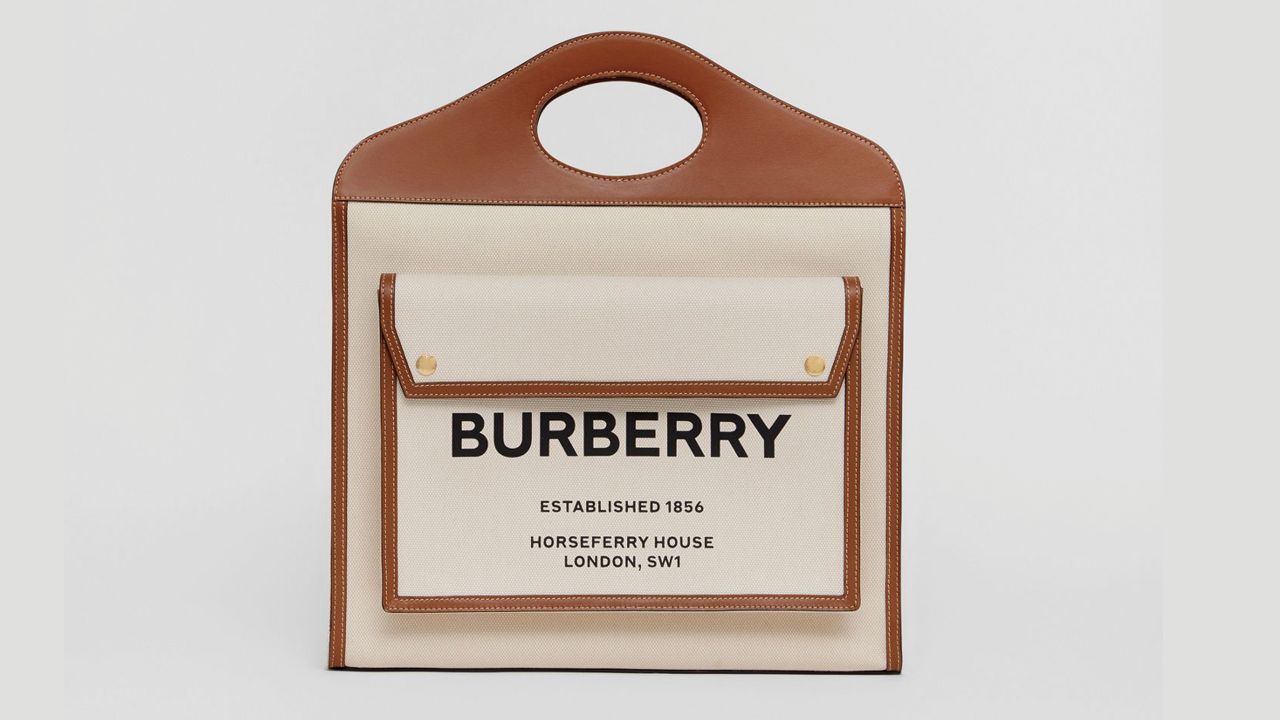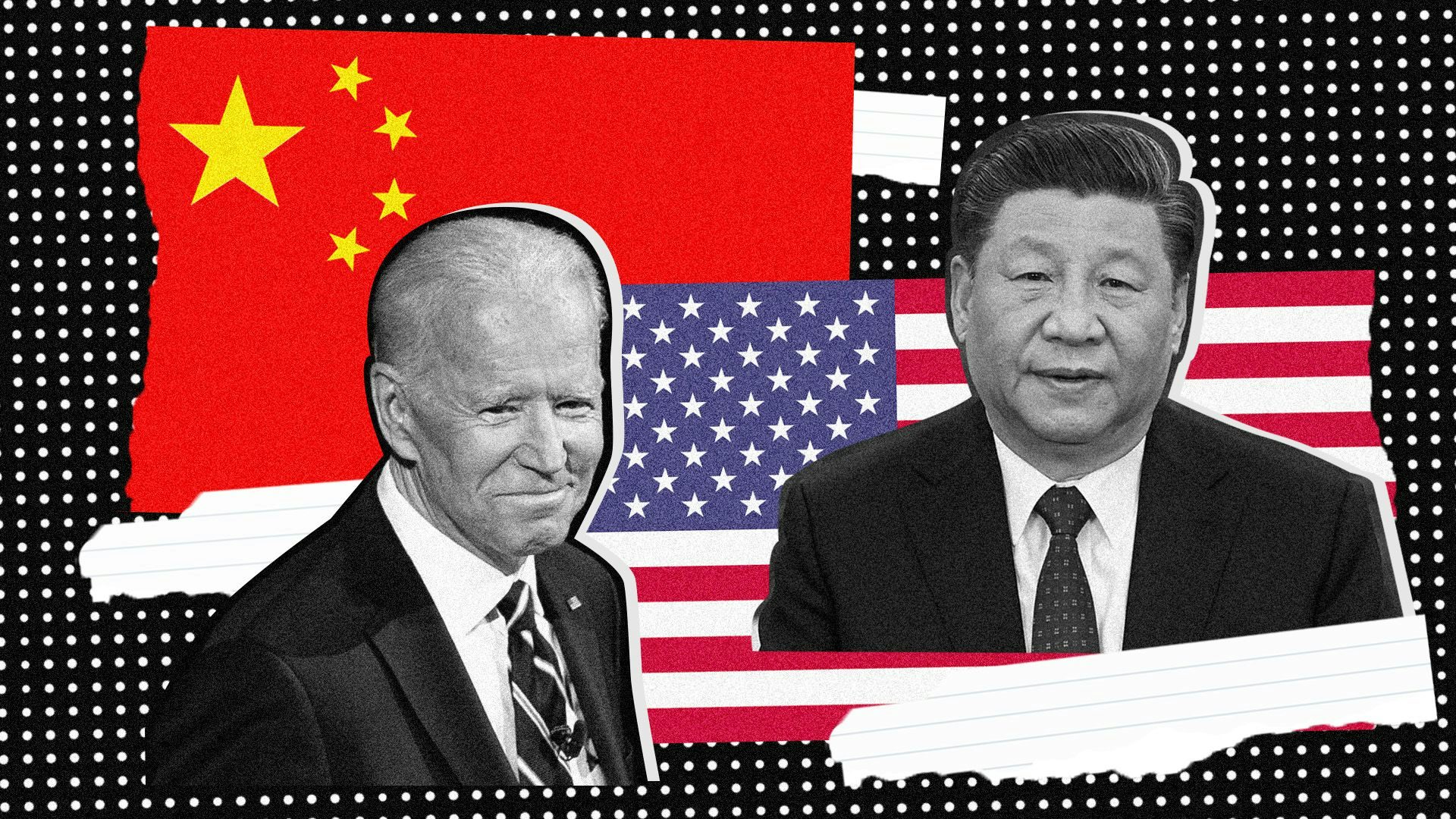What happened
The backlash over international brands' positions on Xinjiang cotton has escalated in China and is showing little sign of abating. Burberry is next, as Tencent has halted its Honor of Kings partnership with Burberry (the brand recently released two new skins exclusively for the video game's players in China). In addition, brand ambassadors Zhou Dongyu and Song Weilong announced they would no longer work with the luxury company.
In fact, the cotton crisis has sparked a domino effect of Chinese celebrities quitting their contracts with members of the Better Cotton Initiative (BCI), despite the penalties incurred. Li Xian, Yang Yang, and Liu Haoran have all ended their collaborations with Puma; Ni Ni and Roy Wang Yuan have quit a partnership with Uniqlo; Li Zhenning and William Chan have exited Tommy Hilfiger; Wendy Zhang Zifeng has distanced from New Balance; and Calvin Klein is now without Liu Yuxin and Greg Hsu. Adidas, too, has suffered some big hits: Eason Chan, Angelababy, Jackson Yee, and others have all left their posts.
Nike is also suffering the losses of its Chinese idol, Wang Yibo, and contracts with national and regional soccer, basketball, and track & field teams, all of which terminated their relations with the sportswear giant.
The Jing Take
Luxury names across the board are feeling the pressure of this situation. They are businesses, after all, and Chinese shoppers buoyed most of them during a pandemic — that is far from over. Plus, most brands will be banking on China well into recovery too, making responses to these issues incredibly complex.
The Japanese lifestyle brand Muji and the sportswear brand Fila are both openly promoting the use of Xinjiang cotton, and Chinese media reported that Spanish clothing company Inditex had “quietly removed” a statement from its English and Spanish-language websites about Xinjiang cotton. Hugo Boss’s Weibo stated, “We will continue to purchase and support Xinjiang cotton” however its website claims the brand collaborates with a small number of organizations that promote fair trade, including the Better Cotton Initiative.
Meanwhile, the positive benefits from this fallout for domestic companies have been notable. Local sportswear giant Li Ning has seen a 10 percent rise in stocks, and many other Chinese names, including Septwolves Group, Heilan Home, and Metersbonwe, are performing well. Anta Group, which announced its withdrawal from the BCI, jumped by over 8 percent in Hong Kong.
Amid these boycotts, shares of Adidas, Inditex, and H&M are all plummeting in light of their stances. As this situation echoes what is playing out on a geopolitical stage, it could well have the potential to escalate. International brands may be in for a bumpy ride.
The Jing Take reports on a piece of the leading news and presents our editorial team’s analysis of the key implications for the luxury industry. In the recurring column, we analyze everything from product drops and mergers to heated debate sprouting on Chinese social media.

